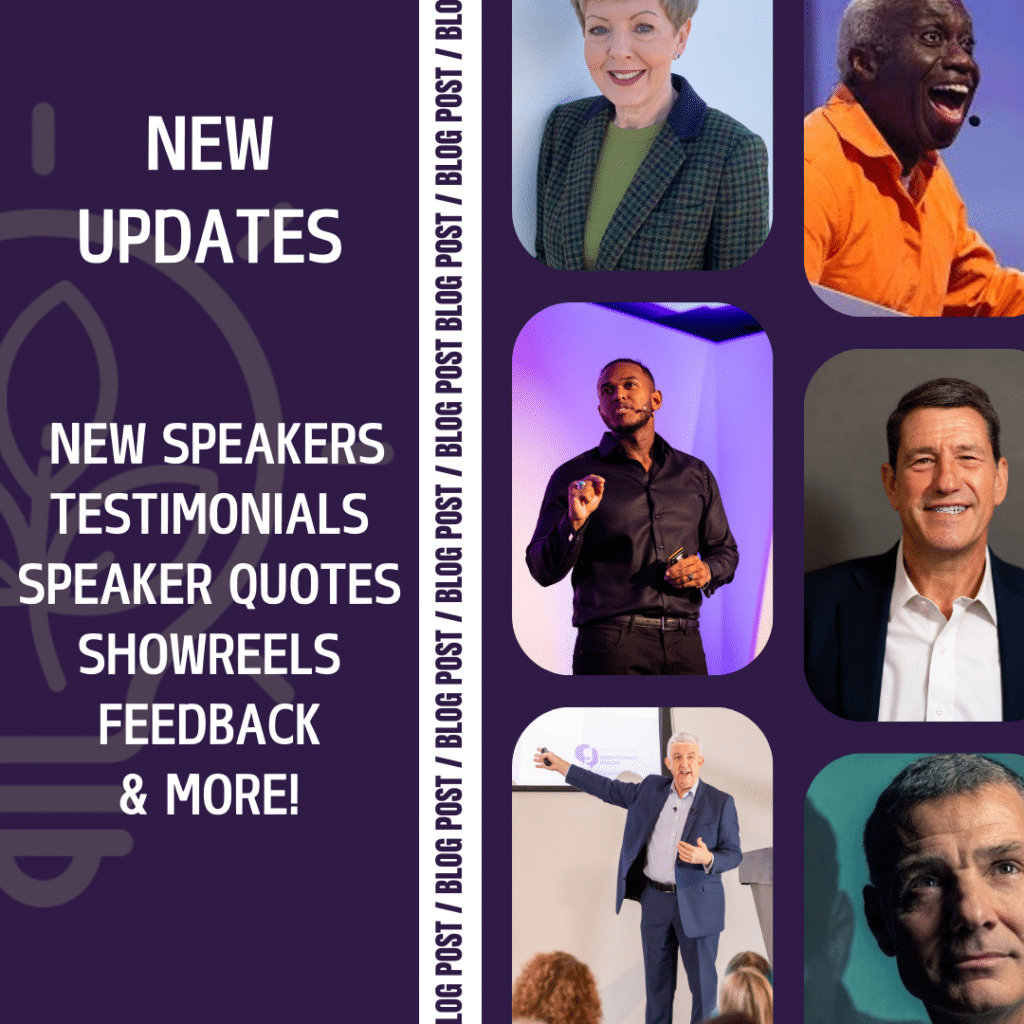The Mistake Paradox: Why Leaders Must Unlearn Perfect Performance – Karem Roitman
This month we worked with Luminate Education, who booked the fabulous Karem Roitman to challenge the “exam mindset” that deeply ingrained belief that mistakes are failures.
From drawing cats wrong on purpose to rethinking how we define success, Karem explores why the leaders of tomorrow must unlearn perfectionism and embrace intentional, intelligent risk.
This powerful blog is a must-read for anyone interested in:
✅ Leadership and innovation
✅ Diversity, belonging and neurodiversity
✅ Creative, critical and ethical thinking
✅ Transforming education for the 21st century
The Mistake Paradox: Why Leaders Must Unlearn Perfect Performance
During my recent keynote for Luminate Education, facilitated by Inspirational Speakers, I challenged a room full of educational leaders with a simple but profound question: What if everything we’ve taught about avoiding mistakes is holding back innovation and growth?
We’ve created a generation of leaders terrified of being wrong. Our education system, built on the foundation of standardised testing and perfect scores, has inadvertently programmed us to avoid mistakes at all costs. But here’s the uncomfortable truth: the very thing our schools taught us to fear is exactly what innovation demands.
The Exam Mindset That’s Killing Innovation
Traditional education rewards getting things right the first time. Students learn to memorise, regurgitate, and optimise for correct answers. This creates what I call the “exam mindset” – a deeply ingrained belief that mistakes signal failure rather than learning opportunities. When these students become leaders, they carry this risk-averse programming into boardrooms and strategy sessions, creating cultures where playing it safe becomes the norm.
The result? Organisations that innovate only incrementally, teams that second-guess creative solutions, and leaders who choose predictable mediocrity over uncertain breakthroughs.
However, true leadership isn’t about avoiding mistakes – it’s about making them intentionally and learning faster than your competition. This requires a fundamental shift in how we think about risk. Instead of asking “How can we avoid failure?” the question becomes “How can we overcome the fear of falling?”
This mindset shift starts with leaders modelling vulnerability and demonstrating that mistakes aren’t career-ending events, but rather data points that inform better decisions.
The Cat Exercise: Making Mistakes on Purpose
In my Luminate Education keynote, I challenged the audience with a simple but revealing exercise: “Draw a cat while making as many mistakes as possible.” The room initially erupted in nervous laughter – the instruction seemed contradictory. How do you intentionally make mistakes?
But that’s precisely the point. The exercise forces us to confront fundamental questions: What actually constitutes a mistake? What are the essential elements that make a cat recognisably feline? When does creative interpretation become error?
Participants discovered that many perceived “mistakes” were simply alternative choices. A cat with three legs isn’t wrong – it’s different. A purple cat challenges convention but remains conceptually valid. The exercise revealed that our definition of mistakes is often far narrower than reality demands.
This principle extends far beyond artistic exercises. When teams are encouraged to explore “wrong” approaches, they often uncover breakthrough solutions hiding in unexpected places. The key is creating structured environments where calculated risks feel safe, while simultaneously embracing the diverse perspectives that different cultures, languages, and neurodivergent thinkers bring to the table.
A team member who approaches problems through the lens of a different cultural framework isn’t making a mistake – they’re offering alternative pathways to solutions. Similarly, neurodivergent thinkers often see patterns and connections that traditional approaches miss entirely. What appears as “getting it wrong” to conventional thinking may actually be getting it brilliantly right from a different vantage point.
Leaders can implement several strategies:
Failure Parties: Celebrate projects that didn’t work but generated valuable insights. Make learning from failure as prestigious as achieving success.
Assumption Audits: Regularly challenge fundamental assumptions about your industry, customers, or processes. Ask “What if the opposite were true?”
Prototype Everything: Create low-stakes environments where teams can test unconventional ideas without career consequences.
The Ethics of Intentional Mistakes
Encouraging risk-taking isn’t about reckless abandon – it’s about thoughtful experimentation. Leaders must distinguish between intelligent risks that advance learning and careless mistakes that can cause harm. This requires developing ethical frameworks that protect people while promoting innovation.
This transformation must extend to educational leaders who have the power to reshape how future generations approach learning and risk. Schools that continue to prioritise standardised test scores over creative problem-solving are preparing students for a world that no longer exists. Educational leaders must courageously redesign curricula that reward innovative thinking.
Leading the Charge
The leaders who thrive in an uncertain future are those who can unlearn the exam mindset and embrace the mistake paradox. They understand that in a rapidly changing world, the biggest risk is not taking any risks at all.




Start small. Draw your cat. Make your mistakes. And watch as your organisation discovers the creative courage hiding beneath years of playing it safe.
Showreel
Karem Roitman is a powerful storyteller. Karem uses insights from philosophy, the social sciences, and literature, to explore complex challenges and possibilities for human development in an accessible and memorable way.

Contact us
Call us on 020 7993 2724 or click below to enquire and will will be back to you as soon as possible.
Past Blog Posts







